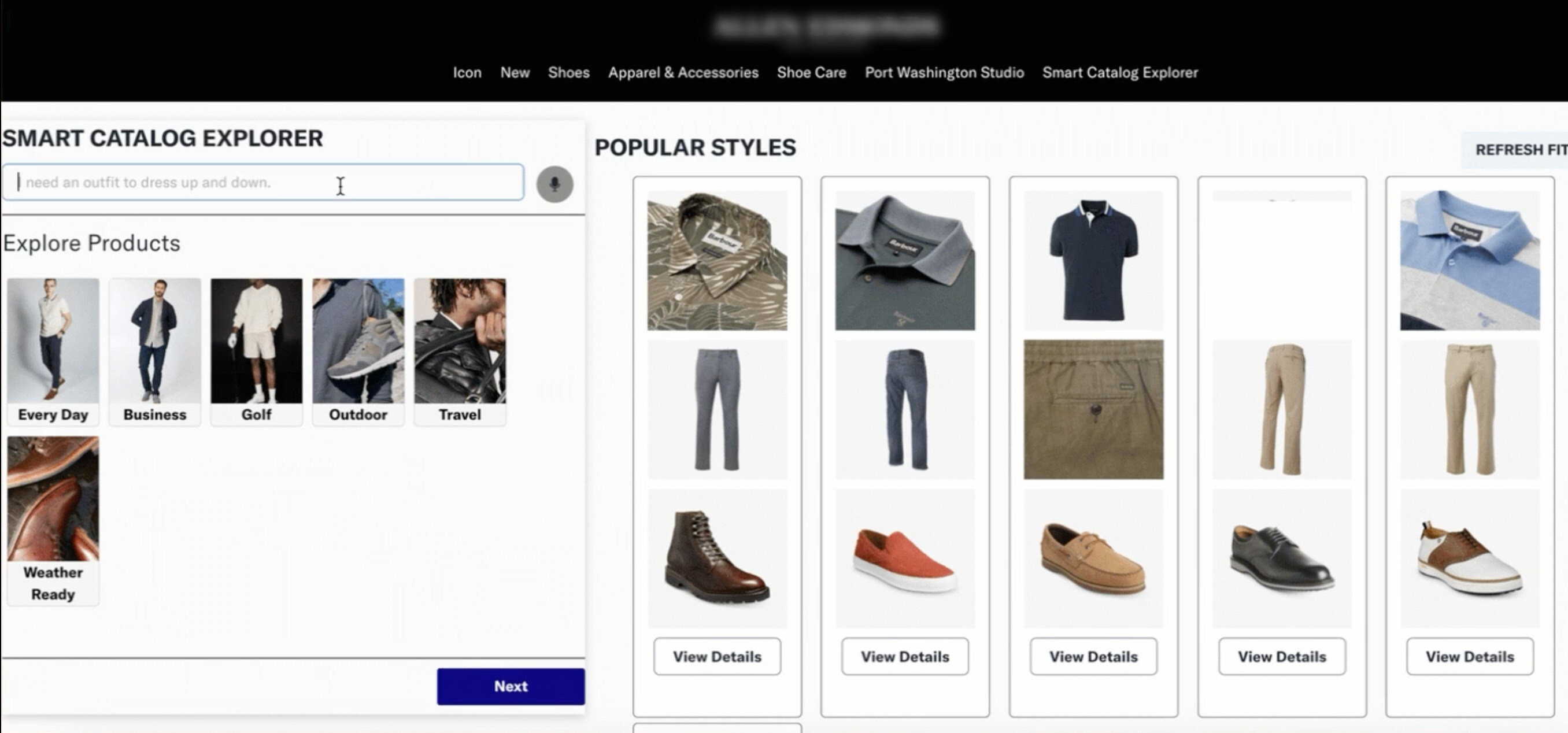Unlocking the Power of eCommerce Discovery: Strategies for Success
In the vast and competitive world of ecommerce, product discovery plays a crucial role in driving sales and revenue. Customers can't purchase a product if they can't find what they're looking for.
With the increasing number of online shoppers and the growing competition among ecommerce businesses, it's more important than ever to ensure that your products are easily discoverable by potential customers. This article explores various strategies to unlock the power of ecommerce discovery and set your business up for success.
Key Takeaways
- Understanding user intent is essential for providing relevant search results and improving product discovery.
- Optimizing site search functionality with advanced features can significantly enhance the shopping experience.
- Personalizing the shopping experience using customer data and dynamic content can increase engagement and sales.
- Enhancing product attributes and tags with detailed descriptions, rich media, and structured data improves visibility and discoverability.
- Leveraging SEO and social media strategies can drive more traffic to your site and improve overall eCommerce discovery.

Understanding User Intent for Effective eCommerce Discovery
Understanding user intent is crucial for enhancing ecommerce discovery. By grasping what customers are looking for, businesses can tailor their offerings to meet those needs effectively. This alignment not only improves user experience but also boosts sales and customer satisfaction.
Optimizing Site Search for Better Product Discovery
Optimizing site search is crucial for enhancing product discovery on an ecommerce website. A well-optimized search feature helps users navigate through a plethora of products, reducing the time spent looking for the right item and improving the overall shopping experience.
Personalizing the Shopping Experience
Leveraging Customer Data
Personalization is key to providing a seamless and engaging customer experience. However, true personalization goes beyond segmentation and delivers individualized recommendations and results.
Research shows that 80% of customers are more likely to purchase from a company that offers personalized experiences.
Dynamic Content and Recommendations
Tailoring the experience to individual users can boost engagement. For instance, Amazon's recommendation engine suggests products based on browsing history, purchase behavior, and similar users' preferences. This enhances engagement and drives conversions.
Personalized Marketing Campaigns
To deliver true personalization, you'll need to leverage insights from segmentation. Personalized marketing campaigns can significantly improve customer engagement and conversion rates. For example, if a user buys running shoes, recommend moisture-wicking socks or a fitness tracker.
Delivering truly personalized online shopping experiences requires leveraging advanced technologies like AI-first search and product discovery platforms. These platforms take into account preferences of the individual consumer when displaying search results, providing a unique and tailored shopping experience.
Enhancing Product Attributes and Tags
Optimizing product attributes and tags can significantly improve the discoverability of your products. When customers can't physically interact with items, they rely heavily on detailed descriptions and rich media to make informed purchasing decisions.
Increasing the number of attributes associated with a single product leads to a more accurate search experience for your customers and higher revenues for you.
.gif?width=566&height=318&name=Bamford%20Watches%20-%201920x1080%20-%2016-9%20(1).gif)
Leveraging SEO for Improved eCommerce Discovery
Search Engine Optimization (SEO) stands as a pillar in the digital marketing strategy for ecommerce businesses. By enhancing your website's visibility on search engines, you can significantly improve product discovery and drive more traffic to your online store. A well-structured SEO plan is essential for maximizing online revenue.
Keyword Research and Optimization
Effective keyword research is the foundation of any successful SEO strategy. By identifying and targeting relevant ecommerce and product-specific keywords, you can attract the right audience to your site. This involves:
- Conducting thorough keyword research to understand what potential customers are searching for.
- Optimizing product titles, descriptions, and meta tags with these keywords.
- Regularly updating your keyword strategy based on performance data.
On-Page SEO Best Practices
On-page SEO involves optimizing individual web pages to rank higher and earn more relevant traffic. Key practices include:
- Creating high-quality, engaging content that resonates with your audience.
- Ensuring your website is mobile-friendly and has a fast loading speed.
- Using header tags, alt text for images, and internal linking to improve site structure.
Building Quality Backlinks
Backlinks from reputable websites can significantly boost your site's authority and search rankings. Strategies for building quality backlinks include:
- Creating shareable content that others want to link to.
- Reaching out to industry influencers and bloggers for guest posting opportunities.
- Participating in relevant online communities and forums to share your expertise.
Leveraging SEO for ecommerce growth is not just about improving search rankings—it's about creating a seamless and engaging customer journey that leads to higher conversions and sales.

Utilizing Social Media for Product Discovery
In the vast world of ecommerce, product discovery via social media plays a crucial role in driving sales and revenue. With the increasing number of online shoppers and the growing competition among ecommerce businesses, this means that it is important than ever to ensure that your products are easily discoverable by potential customers. Employing guided buying techniques like Shop the Look can help connect your social media campaigns with product discovery.
Conclusion
By understanding user intent, optimizing site functionality, individualizing the customer experience, and enhancing product attributes, retailers can create a seamless and engaging shopping journey.
Implementing these strategies not only boosts immediate sales but also sets the foundation for sustained growth in the ever-evolving digital marketplace.
Threekit leverages visual product discovery to deliver impressive results to our clients. With seamless software integration and a wide variety of capabilities, your catalog remains at the forefront of your ecommerce site and scales as you grow.
Contact Threekit today to discover how our innovative product discovery solutions can grow your business.



